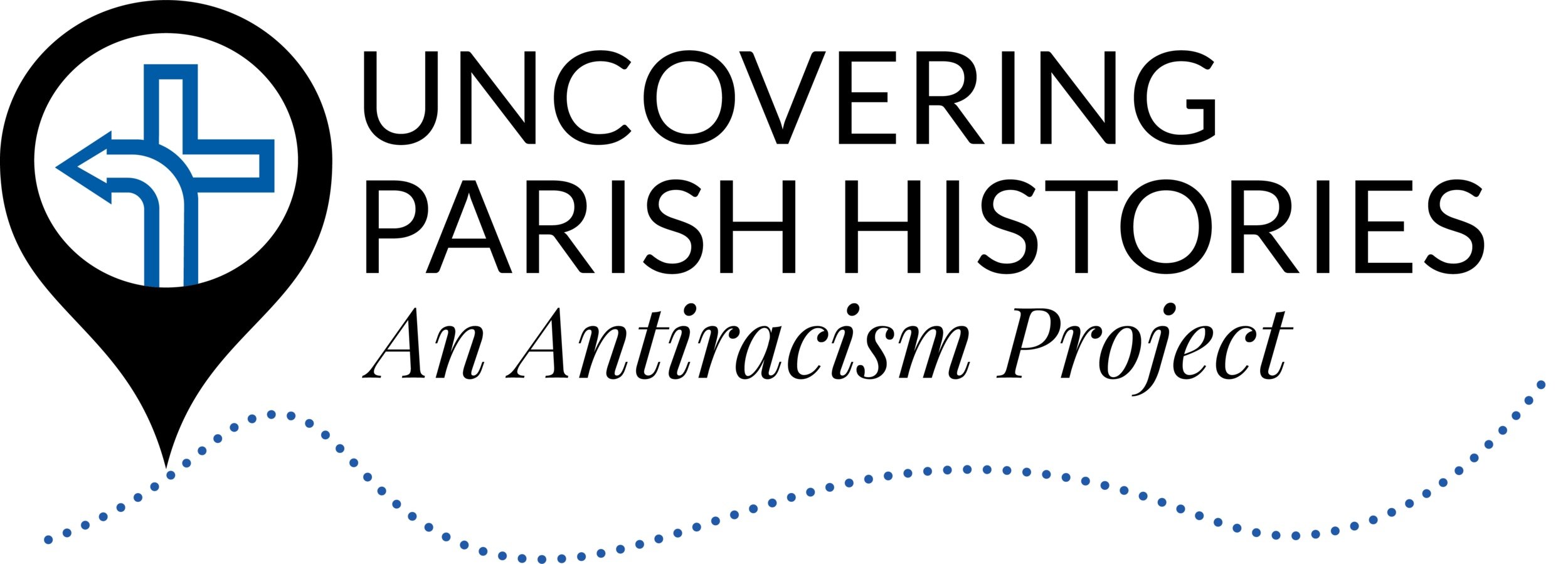The Episcopal Church offers a number of programs and projects concentrating on antiracism work through its Racial Reconciliation ministry.
The Diocese of Long Island is committed to do the work of Racial Reconciliation, Racial Justice, and Reparation. Please scroll below to see the resources available within the Diocese and the Episcopal Church.
Sacred Ground is a film and readings-based dialogue series on race, grounded in faith. Small groups are invited to walk through chapters of America’s history of race and racism, while weaving in threads of family story, economic class, and political and regional identity.
The 11-part series is built around a powerful online curriculum of documentary films and readings that focus on Indigenous, Black, Latino, and Asian/Pacific American histories as they intersect with European American histories.
Sacred Ground is part of Becoming Beloved Community, The Episcopal Church’s long-term commitment to racial healing, reconciliation, and justice in our personal lives, our ministries, and our society. This series is open to all, and especially designed to help white people talk with other white people. Participants are invited to peel away the layers that have contributed to the challenges and divides of the present day – all while grounded in our call to faith, hope and love.
The Sacred Ground program is offered regularly in our diocese. To learn more, please contact Kate Salisbury by clicking the link below.
DO JUSTICE. LOVE KINDNESS. WALK HUMBLY.
The Diocese of Long Island has partnered with FaithX to create a set of interactive maps that reveal the presence and power of systemic racism within Brooklyn, Queens, and Long Island.
Uncovering Parish Histories supports congregations looking into the history of their involvement with slavery, the slavery-driven economy, anti-slavery and abolition movements, and later forms of racial justice or injustice.
The Episcopal Church’s work toward racial reconciliation, healing and justice is guided by the long-term commitment to Becoming Beloved Community. We organize our ministries around the four quadrants of the labyrinth. Each quadrant represents a commitment that is vital to lasting change within us, our churches, our communities and society at large.



